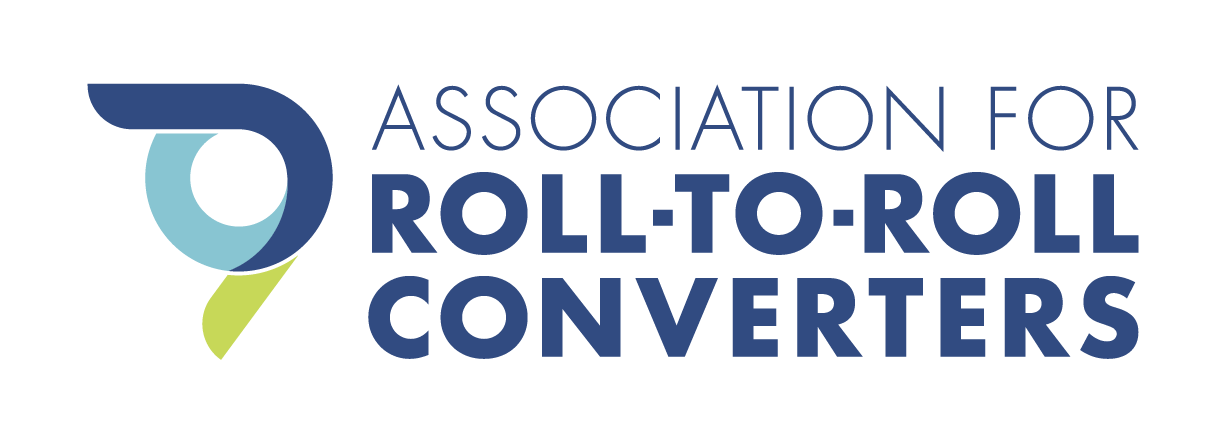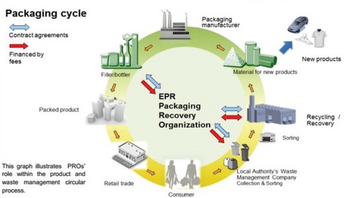Dwindling resources - a molehill out of a mountain Paid Members Public
Presented by Dr. Charles A. Bishop, C.A.Bishop Consulting Ltd. bishopbishop.pdf261 KBdownload-circle
From Fiber to Film - Dyeing Polyester, the Past, the Present and the Future Paid Members Public
Vacuum deposition of high performance gas barrier materials for electronics applications Paid Members Public
Presented by H.E. Assender, University of Oxford assenderassender.pdf110 KBdownload-circle
Technology and Applications of Microstructured Pigments Paid Members Public
Presented by Alberto Argoitia, Flex Products Inc. argoitiaargoitia.pdf735 KBdownload-circle
Surface Functionalization of Web Substrates In-line With Metal and Metal Oxide Deposition Paid Members Public
Metallized and clear metal oxide coatings used in applications such a food packaging, printing, decorative, biomedical, electronic and agricultural, often require certain surface functionality that alters the properties of the metallized surface. Useful functional properties include high surface energy for adhesion to printing inks and other materials, low surface energy
A New Generation of Corrosion Resistant Evaporator Boats Paid Members Public
yappi_abstractyappi_abstract.pdf10 KBdownload-circle
A Slitter Rewinder's Focus on Pure Productivity and Profitability Paid Members Public
Presented by Randy Wolf, KAMPF MACHINERY CORPORATION USA wolf_abstractwolf_abstract.pdf150 KBdownload-circle
Securing a Production Process through Nip Measurements” Paid Members Public
Un-parallel rollers/cylinders or incorrect absolute pressure can greatly influence process critical nips. Machine builders/ roller manufacturers and process/application owners are in different ways interested in the nip characteristics of process critical nips. Industrial roller nips can be divided into processing nips, where the intent is to permanently modify

